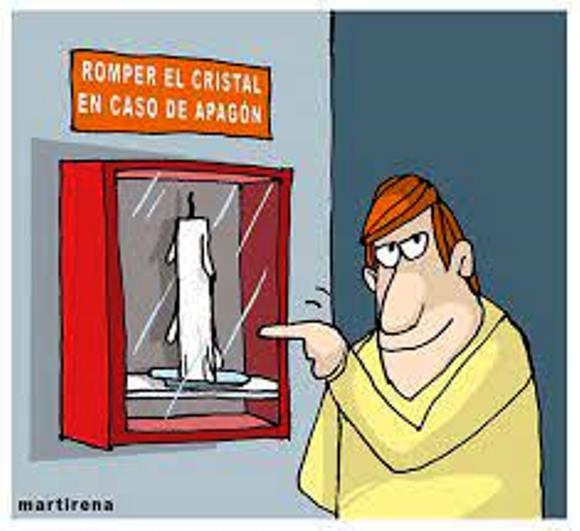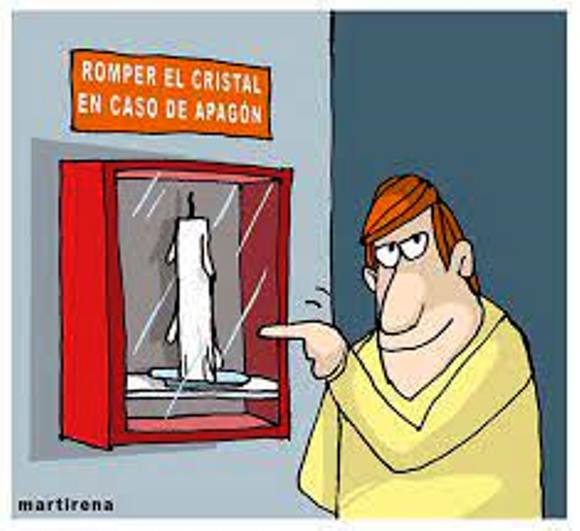Of two evils, the lesser.

Electrical disruptions are a circumstance to which we are exposed in a complex time for the country and with a strict economic embargo, but there are actions so that, of two evils, it is always the lesser.

Today, one of the most important words in the population’s vocabulary is rotation. In the energy context, it is used to refer to when a circuit must have electricity or the corresponding blackout hours. On several occasions, this period is not fully met, triggering unrest and discontent among the population.
Another problem stemming from non-compliance with rotation is the lack of pumping of drinking water, a key factor for carrying out household chores and other activities. The locations where the pumping stations are located are affected by inconsistencies regarding the established time for having electricity.
A constant demand from the population is the need for accurate and continuous information, regarding which there is a lack of transparency on the part of the agencies.
On the various platforms used to provide information, data is often averaged and inconsistent with the reality facing citizens. This isn’t about rotation or prioritizing circuits, but rather about finding appropriate mechanisms to ensure the impacts are as equitable as possible.
How can we understand that those in charge of handling citizen calls lack an answer or arguments to respond to a question? If everyone’s duty is to fulfill their duties and theirs is to inform, why treat people poorly or inappropriately?
Power outages are a circumstance we are exposed to during a complex time for the country and under a strict economic embargo, but there are measures in place to ensure that, of two evils, it is always the lesser.
Written by
George Carlos Roger Suárez.




